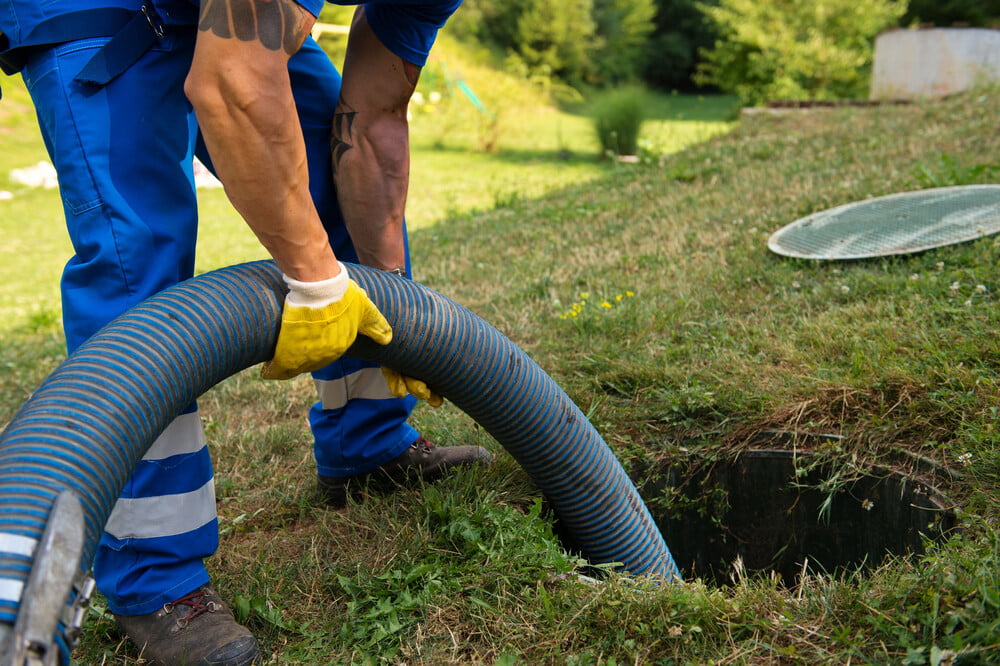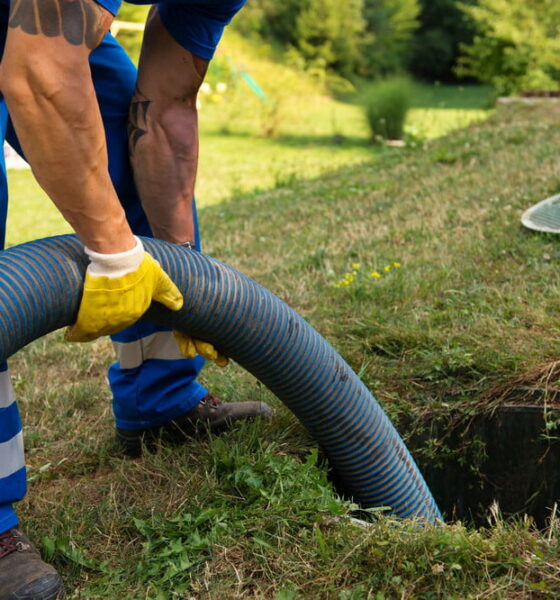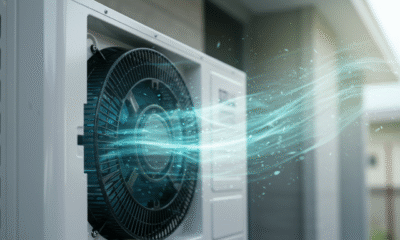Are you truly serious about minimizing your environmental impact? You need to take all reasonable precautions to make your home eco-friendlier.
Unfortunately, some aspects of our homes are overlooked, because they are out of sight and out of mind. Your septic system is a classic example.
The EPA has a great overview of this. The experts point out that a septic system using recycled water could have beneficial impacts on the groundwater supply.
Unfortunately, they could also contaminate the environment as well. The design of the system is going to make all the difference. You need to know how to design your system to be more environmentally friendly.
The Growing Importance of Eco-Friendly Septic Systems in 2020
Scientific America wrote a good article on the septic industry. They cited polls showing that most people prefer sharing the burden of their waste management with a shared community sewage system.
The problem is that large sewage systems aren’t ideal in every community. Rural areas need to rely on fragmented septic systems, so they need to be designed to be more eco-friendly.
The Transition to Eco-friendly Septic Systems
Going green is all the rage these days given how much damage we are doing to the planet. Because of this, companies and individuals are looking for ways to be more sustainable. If you have a septic tank, there are a few things you can do to make it a lot eco-friendlier. Below are a few of them.
Watch What You Flush
Water, waste, and toilet paper are the only things you should flush down your toilet. If something is not biodegradable, you should avoid flushing it down the toilet. This includes things like feminine products and diapers. Women’s Health Magazine has shared a great article on things that you can’t flush down the toilet. I strongly suggest reading this list.
When you do not flush these things down the toilet, ensure that you dispose of them properly to avoid damaging the environment.
Disconnect the Garbage Disposal System
A lot of people think that connecting a waste disposal system to their septic system is a good idea. They think that once the garbage disposal system breaks food particles down, the septic system will take care of the rest. This is wrong because food and other particles, even when chopped up, can clog the septic system.
Instead of connecting the garbage disposal system to the septic system, find ways to dispose of food waste in an eco-friendly way. One way is to compost the food and use it as fertilizer for your home garden.
Avoid Harsh Chemicals
When cleaning or clearing a clog, you should avoid using environment-harming chemicals on your septic system. These chemicals interfere with the natural bacteria that break down solid waste in your septic system. These chemicals are also very dangerous to the environment, especially when they seep into the soil, as they can pollute groundwater.
There are lots of eco-friendly drain and septic system cleaners and a trip to the nearest retailer should offer you some options.
Do Not Dispose of Coffee Grounds in the Septic System
This is especially important if you have other systems connected to the septic system. Coffee grounds can cause blockages and clogs and reduce the effectiveness of your septic system.
Dispose of Inorganic Substances Properly
The septic tank is no place for substances like oil and paints. The septic industry recommends that you dispose of these substances elsewhere and according to the standards set by their manufacturers. There are also programs where you can return unused paint and used oil for proper disposal and some rewards.
Perform Regular Maintenance
If you want your septic system to perform better and last longer, you should service it regularly. Doing this avoids damage to the system as it can help solve smaller issues before they become problematic. Regular services will also ensure that your septic tank does not leak or overflow both of which can cause contamination of groundwater.
Avoid Overworking the Septic System
Using too much water overworks the septic system and reduces its effectiveness. One of the best ways to ensure that you do not overwork your septic system is to ensure that you do not use too much water. This will help not stress the septic system as well as help with water conservation.
Make Your Septic System Design Eco-friendlier
A healthy and well-working septic system is both eco-friendly and cheap to run. The tips above should help keep your septic system in tip-top eco-friendly shape.





























